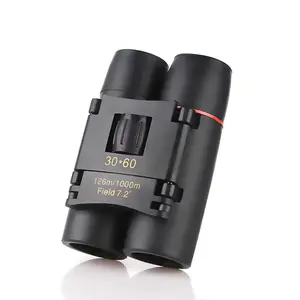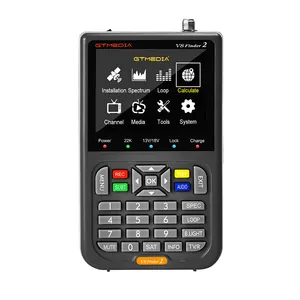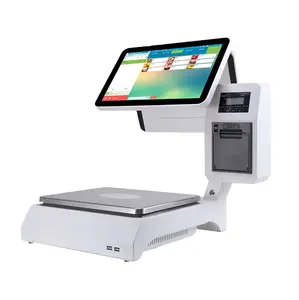Popular in your industry


























































About 300g 0.001g analytical scales
Precision Weighing with 300g 0.001g Analytical Scales
Analytical scales with a capacity of 300 grams and a precision of 0.001 grams are specialized instruments designed for situations where high accuracy is paramount. These scales are essential in laboratories, jewelry shops, and any setting where precise weight measurements are critical. This category of scales is distinguished by their sensitivity and reliability in providing exact readings.
Types and Applications
The variety of 300g 0.001g analytical balances caters to different professional needs. From compact, portable models ideal for fieldwork to larger, stationary units for a permanent lab setup, each type serves a specific purpose. Users range from jewelers needing to weigh precious metals to culinary experts who require exact ingredient measurements. In industrial contexts, these scales are indispensable for quality control, ensuring that small components meet stringent weight specifications.
Features and Materials
The construction of precision analytical scales often involves robust materials like stainless steel for the weighing pan, ensuring durability and ease of cleaning. The scales' internal mechanisms are designed for stability and repeatability, with features such as draft shields to prevent air currents from affecting the measurement. Advanced models may include internal calibration weights, digital interfaces for data logging, and compatibility with laboratory information management systems.
Advantages of 300g 0.001g Analytical Scales
The primary advantage of using high-precision scales is their ability to deliver consistently accurate measurements. This precision is crucial for applications where the margin of error is negligible. Additionally, the digital nature of these scales allows for quick readings and often provides additional functionalities such as unit conversion, which can be particularly useful in international settings where measurements may need to be converted to different units of mass.
Choosing the Right Scale
Selecting the appropriate analytical balance involves considering factors such as the maximum weight capacity, the scale's precision, the size of the weighing platform, and the specific features that may be required for the task at hand. It is also important to consider the environment in which the scale will be used, as factors like temperature and humidity can impact the accuracy of sensitive instruments.
Maintenance and Longevity
Maintaining the accuracy of a 0.001g precision scale over time requires proper care and occasional calibration. While digital scales have the advantage of minimal maintenance compared to their analogue counterparts, it is still important to follow the manufacturer's guidelines to ensure the longevity and reliability of the scale. Regular cleaning, careful handling, and adherence to usage instructions are all practices that contribute to the enduring precision of these analytical tools.













